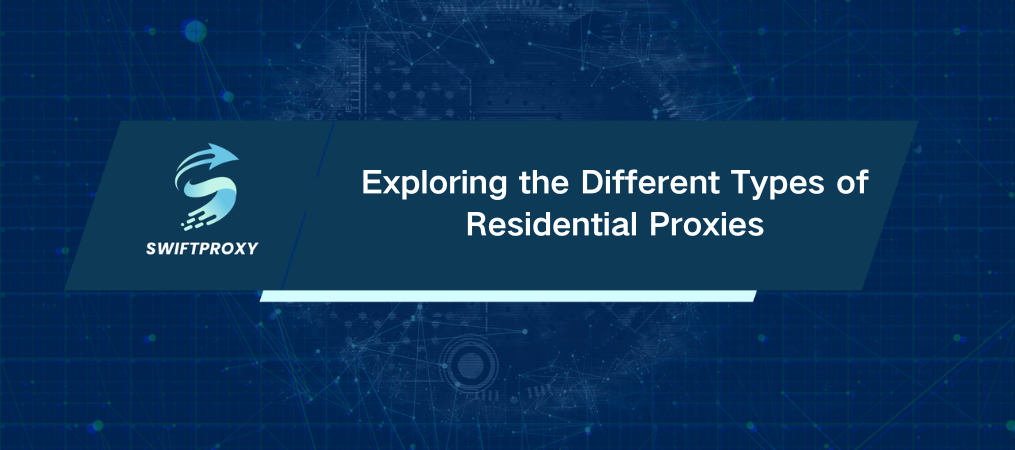Exploring the Different Types of Residential Proxies

If you want to fly under the radar online, residential proxies are your best bet. They use real IPs tied to actual ISPs, making them far more reliable and legitimate than standard proxies. But choosing the right residential proxy? That's where it gets tricky.
There are different options available—static, dedicated, and rotating—each with its own strengths. Let's break them down to help you make an informed choice.
Static Residential Proxies
Static residential proxies, also known as ISP proxies, combine the best features of both residential and datacenter proxies. They come from real ISPs and are hosted in data centers, but websites still recognize them as residential IPs. The result? You get both speed and anonymity.
What makes static proxies stand out is that they keep the same IP address. So, every time you visit a site, you're using the same IP, making it much harder for websites to flag or block you. This is especially useful for activities like account management, SEO work, or streaming where consistency is key.
Static proxies can be shared or dedicated, depending on your provider.
Dedicated Residential Proxies
Dedicated residential proxies take things up a notch. They are sourced from actual ISPs like static proxies, but here's the catch: they are exclusively for you. No sharing. This means you get the full bandwidth for your own use, without worrying about other users hogging resources or misusing the IP.
With dedicated proxies, you'll enjoy the best performance—ideal for high-demand tasks such as banking or anything that requires top-level privacy. Plus, some providers offer the option to change your IP after a certain period, giving you more flexibility.
Rotating Residential Proxies
Rotating residential proxies offer the ultimate in anonymity. These IPs change frequently—often after each request or at specified intervals—making you appear as a different user every time you access a site. This frequent rotation makes it harder for websites to detect or block you.
Some services also offer "sticky sessions," where you can hold the same IP for a certain period, which is helpful for activities like social media management or web scraping.
However, rotating proxies are shared, which means they come with a larger pool of IPs. While this enhances anonymity, it can sometimes result in slower speeds compared to static or dedicated proxies.
Selecting the Right Residential Proxy for Your Needs
Choosing the right residential proxy depends on your needs:
· Static proxies are great if you need consistency and high performance, such as for account management or streaming.
· Dedicated proxies offer top-notch performance with zero sharing, ideal for sensitive tasks like banking or private activities.
· Rotating proxies are perfect for anonymity and flexibility but may be slower due to shared usage.
Each type has its strengths, so the key is understanding what you need and selecting the one that aligns with your goals. In the world of proxies, one size doesn't fit all, so make your choice wisely.

















































